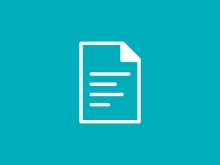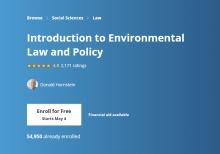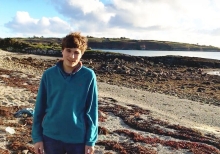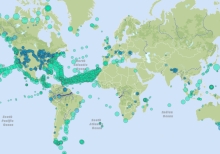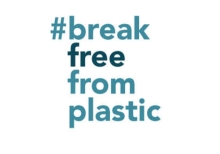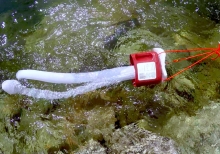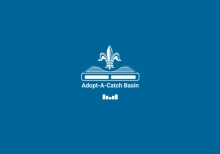Marine Debris: Fishing For Microplastics In Your Home
There has been a growing of public awareness of plastics found in the ocean environment. Plastics are found at the top and within the water column, in ocean floor sediments, and within beach material. This activity will demonstrate the ease of movement of plastics from your home directly into the ocean environment. Students will explore the typical products which contain plastics and learn how to calculate the concentration of plastics found in a chosen personal care product.
